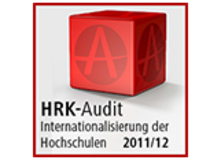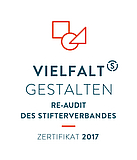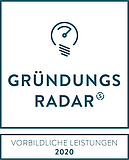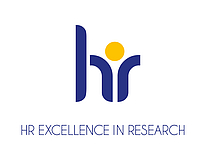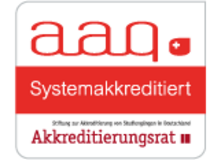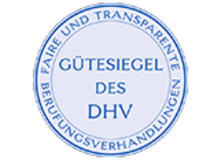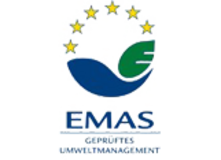The long-term deposition of organic material in sediments on the ocean floor is a key process in the global carbon cycle. The question of whether, from a chemical perspective, the deposited material is more similar to marine algae or the microorganisms that decompose the algal biomass is largely unresolved.
For their study, the team fed organic material labeled with 13C carbon – either an algae-lipid mix or crude proteins – and observed it in the laboratory for 400 days. The microbial communities originate from a sediment core obtained off Helgoland. The initial question was: What happens to fresh biomass and which microorganisms are involved in its processing? This was the first time that the formation of new biomass from secondary producers and its turnover was quantified more precisely.
The team has found that microbial communities can be stimulated by the addition of lipids and proteins and not only decompose fresh biomass that is easier to digest, but also decompose more of the old organic carbon that is otherwise difficult to break down. This new finding is relevant because the input of fresh organic matter is increased by man-made, climate-induced environmental changes, such as expanding low oxygen zones in the ocean, melting sea ice or glacier retreat.
"Our study is the first to link the degradation of labile organic matter to the growth of microbes and the consequences for the composition of the organic matter that is eventually buried in marine sediment. We were surprised to find that the addition of fresh organic matter had a disproportionately large and long-lasting effect on the degradation of old, supposed to be refractory organic matter," says Prof Jack Middelburg from Utrecht University (Netherlands), co-author of the study and Professor of Excellence in the "The Ocean Floor – Earth's Unchartered Interface" Cluster of Excellence at MARUM. As part of this cluster's research, the study has provided crucial insights into the link between organic matter deposition events and the long-term preservation of organic carbon. It thus connects the research units Receiver, Reactor, and Recorder.
The input of fresh organic matter into the seafloor could increase due to climate-related changes in the environment. This will not only have a direct impact on the microorganisms living on and in the ocean floor, but also on the carbon cycle and thus on the feedback related to the climate system in a way that is still largely unexplored.
Original publication:
Qing-Zeng Zhu, Xiuran Yin, Heidi Taubner, Jenny Wendt, Michael W. Friedrich, Marcus Elvert, Kai-Uwe Hinrichs, Jack J. Middelburg: Secondary production and priming reshape the organic matter composition in marine sediments. Science Advances 2024. DOI: 10.1126/sciadv.adm8096
Contact:
WD Dr. Marcus Elvert
MARUM – Center for Marine Environmental Sciences
University of Bremen
Organic Geochemistry
Email: melvertprotect me ?!marumprotect me ?!.de
Prof. Dr. Jack Middelburg
U Bremen Excellence Chair
Utrecht University
Email: j.b.m.middelburgprotect me ?!uuprotect me ?!.nl


![[Translate to English:] Staatsrätin Irene Strebl, Rektorin Jutta Günther und Konrektor Michal Kucera stehen vor einer Wand, auf der eine Videoübertragung angekündigt wird und machen ein Selfie.](/fileadmin/user_upload/universitaet/Uni_Allgemein/TOP-NEWS/2025_Slider/20250527_Exzellenz-Fotos.jpg)



![[Translate to English:] [Translate to English:]](/fileadmin/_processed_/f/b/csm_Abbaudynamik_Ozeanboden_Copyright_Marum_00764fefe4.jpg)


